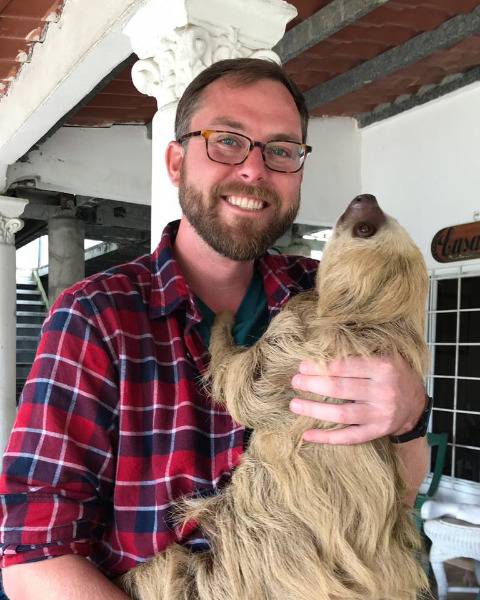Medical, Urban, and Veterinary Entomology
10-Minute Paper
MUVE: Mosquito and Other Fly Vectors Ecology and Behavior On-Demand Presentations
A survey of the New World screwworm microbial communities from wild-caught, mass-reared, and transgenic strains
On-Demand

Alex P. Arp
Research Geneticist
USDA-ARS
Kerrville, Texas
Presenting Author(s)
Insect pest control through sterile insect technique (SIT) is only possible if you can mass rear large quantities of high-quality insects. Adaptation of insect stocks to rearing conditions and artificial feeding systems can have a multitude of negative effects such as inbreeding depression, reduced compatibility with wild strains, or unintentional selection for traits that lower fitness after release. To reduce the probability of microbial contamination, insect stocks are often reared on preservatives such as formaldehyde or methylparaben which can inadvertently alter the natural microbiology of the insect. Altering or removing microbiomes can have many effects on insects ranging from a reduction in sex pheromones to death, thus understanding these systems is important for mass rearing. In this study we explored the microbiome of the New World screwworm, Cochliomyia hominivorax, in wild captured flies, mass-reared flies used by the SIT program, and transgenic female-lethal strains reared on antibiotics. Significant differences in diversity were observed, with wild captured flies having the most divergent and diverse microbial composition. Interestingly, the transgenic flies created from production strains and reared on a combination of potassium permanganate and tetracycline did not have many differneces than the production strain. Wild adult flies had many bacteria commonly associated with cow manure, and two bacteria of veterany importance.

